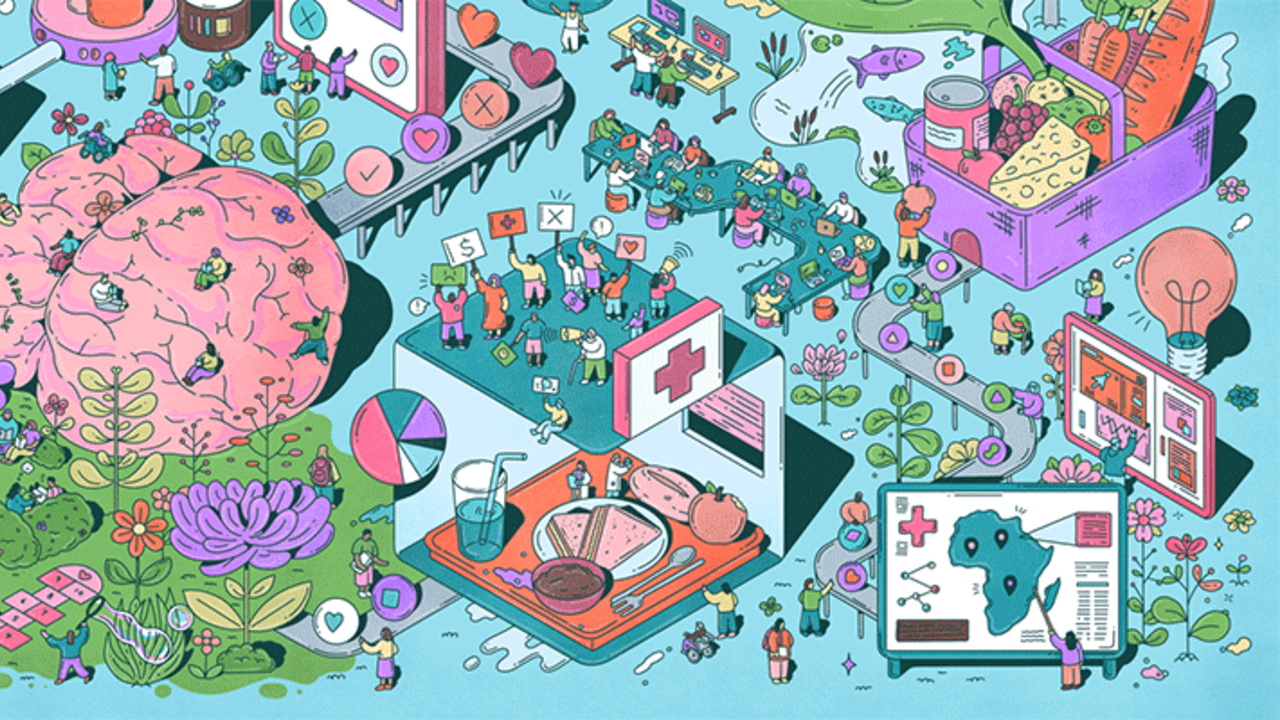
This is Health in 3D
Waterloo's Faculty of Health showcases research expertise in new impact report

Waterloo's Faculty of Health showcases research expertise in new impact report
By Eugenia Xenos Anderson Faculty of HealthWaterloo's Faculty of Health is excited to share their latest research impact report, titled Health in 3D, showcasing expertise and innovation across the Faculty. They explore how health and quality of life are enhanced along three dimensions – physical, mental and social – and advanced by three academic units – Kinesiology and Health Sciences, Recreation and Leisure Studies and Public Health Sciences.
With concentrations in health technology, aging, mental health, brain and body, environment, and communities, researchers and other members of the Faculty are tackling complex and pressing health challenges and creating a healthier future for individuals, communities and populations.
“We examine health from a broad perspective, including illness prevention,” says Dean of Health Lili Liu. “As the World Health Organization points out in its constitution, health is not merely the absence of disease and infirmity, but a state of complete physical, mental and social well-being.”
This is Health in 3D.
To request a print copy of Health in 3D, please contact Eugenia Xenos Anderson.

Read more
Here are the people and events behind some of this year’s most compelling Waterloo stories

Read more
Researchers awarded funding to investigate ecology, climate change, repatriation, health and well-being through cultural and historical lens

Read more
Irfhana Zakir Hussain works to strengthen Waterloo’s capacity to withstand and recover from climate-related health crises
The University of Waterloo acknowledges that much of our work takes place on the traditional territory of the Neutral, Anishinaabeg, and Haudenosaunee peoples. Our main campus is situated on the Haldimand Tract, the land granted to the Six Nations that includes six miles on each side of the Grand River. Our active work toward reconciliation takes place across our campuses through research, learning, teaching, and community building, and is co-ordinated within the Office of Indigenous Relations.